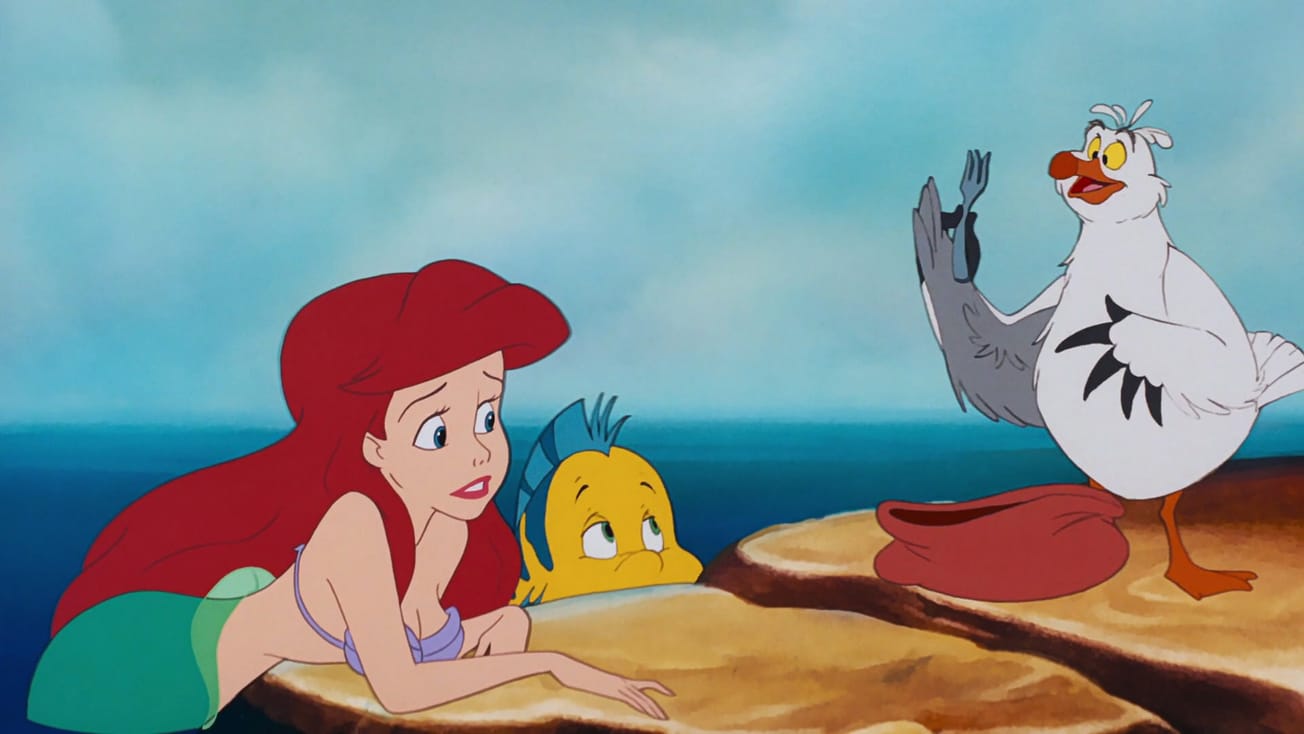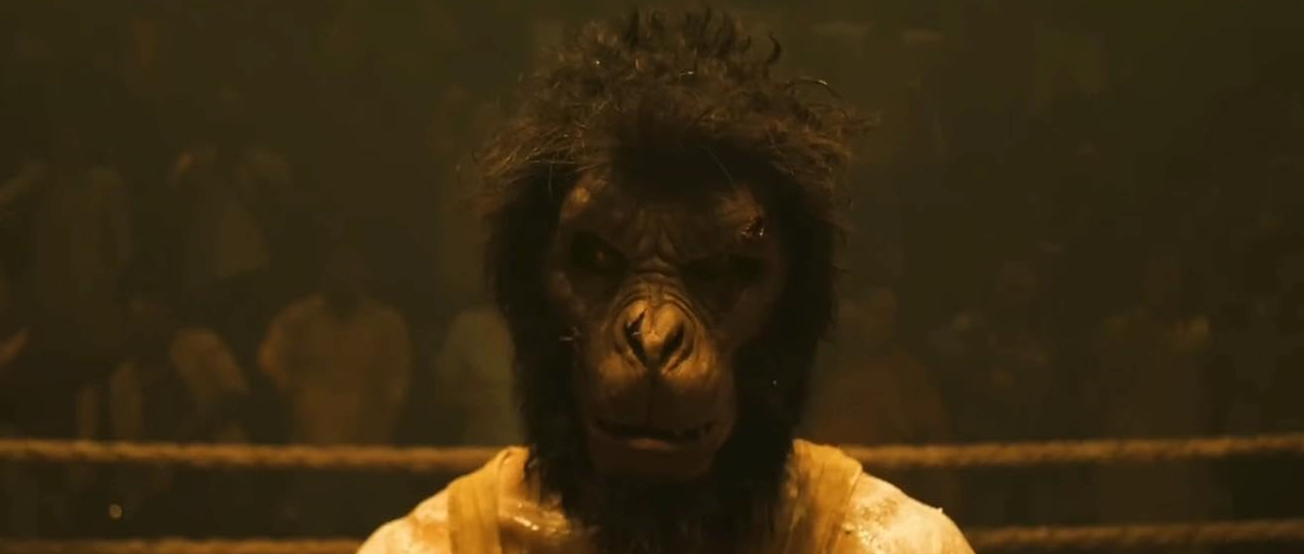By Siavash Minoukadeh, Entertainment Sub-Editor
Following the critical acclaim of their previous film, Theo and Hugo (2016), French filmmaking couple Olivier Ducastel and Jacques Martineau have returned with the highly theatrical Haut perchés, 'Don’t Look Down' (2019).
Set in one open-plan Paris apartment over the course of one evening, we see five strangers - Veronika (Manika Auxire), Marius (Geoffrey Couët), Nathan (Simon Frenay), Louis (François Nambot) and Lawrence (Lawrence Valin) - meet up for dinner, conversation and to settle some scores.
What they all have in common is that they have loved the same man, with disastrous consequences for all of them. Having found each other, they planned the events which play out onscreen. With the mystery man in a room next door, the lovers take turns to have it out with him whilst the rest discuss their experiences.

Their conversations are kept frank and naturalistic and, with typical French candour, nothing is left off the table. Sexual fantasies of public strangulation are discussed in a refreshingly calm tone. By being this open, a ghostly picture of the unseen man - said to be unspeakably narcissistic and perverse - is formed and looms over the figures.
The premise may sound more like a play and indeed, Don’t Look Down is really more of a filmed stage play, but that is not to say that it isn’t an entertaining watch. Far from it, the beauty of this format is that with so many restrictions - a small cast of just five, a fixed location, a heavily dialogue-based plot - there is not much room to hide any weaknesses.
There still are a lot of interesting questions raised about the nature of love, desire and humiliation in Don’t Look Down
Thankfully, there are not too many of those. The cast do a solid job of revealing their characters gradually, each starting out as a mystery to us - and to the others - and coming into focus as they tell us more about their experiences with the mystery man. Where they falter is in the moments where they are interacting with each other rather than talking about themselves.
In fact, the biggest flaw in the film is in its writing. The characterisation is superb: each character is fully-formed with their individual experiences, fantasies and opinions. However, when in conversation with each other, the dialogue has a tendency to drift into the mundane or the overly-philosophical at times.
Don’t Look Down is really more of a filmed stage play, but that is not to say that it isn’t an entertaining watch
One wonders, given how theatrical the whole film is anyway, whether the directors would have benefitted from going all the way and cutting out the conversations altogether and just having five monologues. Regardless, there still are a lot of interesting questions raised about the nature of love, desire and humiliation in Don’t Look Down.
Another benefit of choosing to keep all the action in one location is that it can be decorated with a lot more care and attention. The apartment is modern and sparse to begin with but the gorgeous neon lighting palette elevates the aesthetic of the whole film to something sublime.

A particularly moving shot is the final one: stood in a line facing the sunrise, the camera captures the character’s reflections in the window, lit up against the orange haze of the Paris skyline. The whole aesthetic of the film is rich and sensual, as befits such a sexually-charged plot.
This makes everything a smooth - if not always enjoyable because of the content being discussed - watch and this is critical. Don’t Look Down is not a perfectly observed picture of the cruelty of desire but it does do something meaningful which is provide a source of catharsis for our own pent-up romantic trauma.
Featured: BFI London Film Festival
Is Don't Look Down's static set innovative or interesting, or just plain boring?








